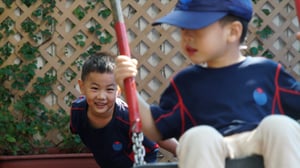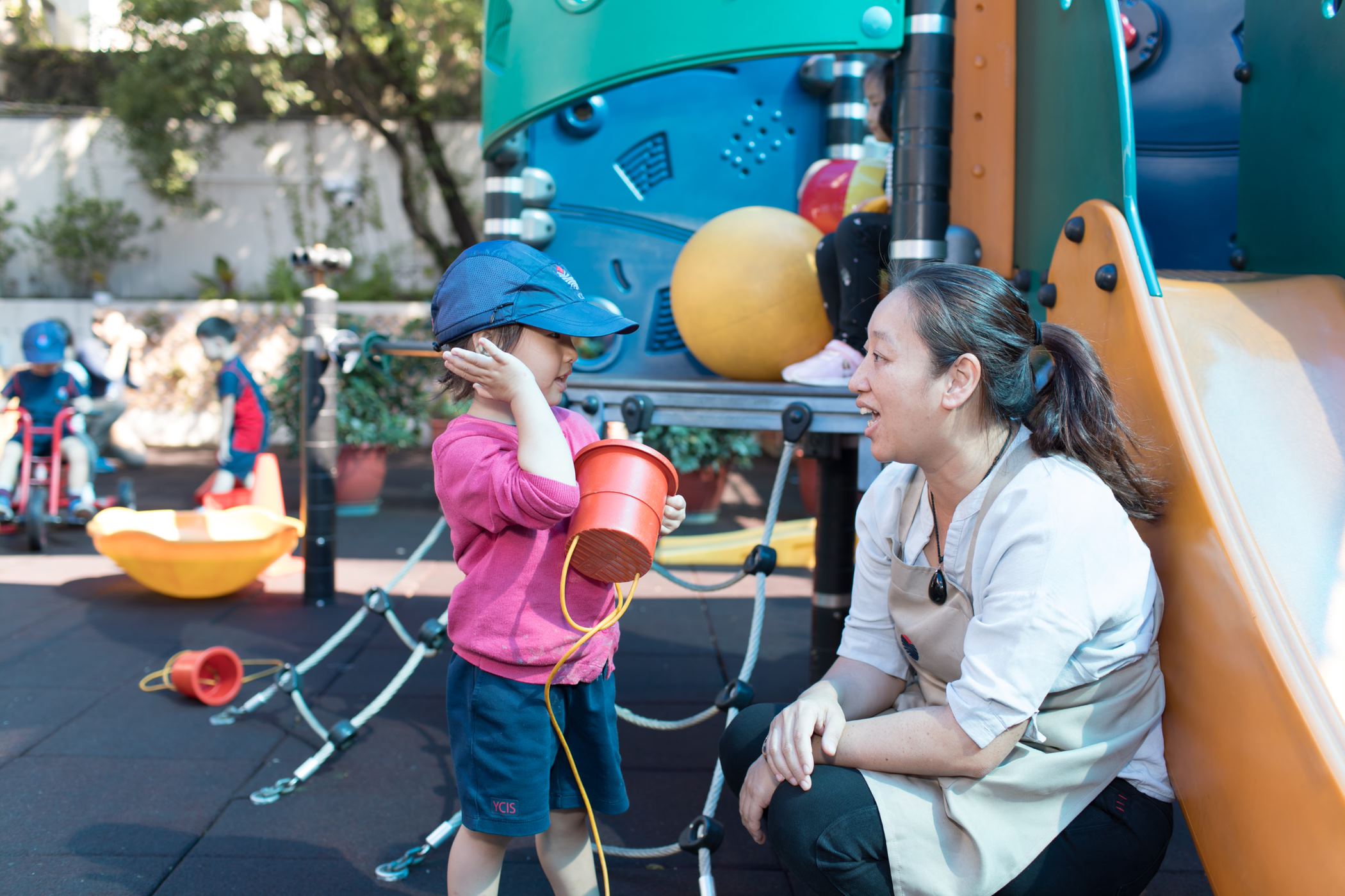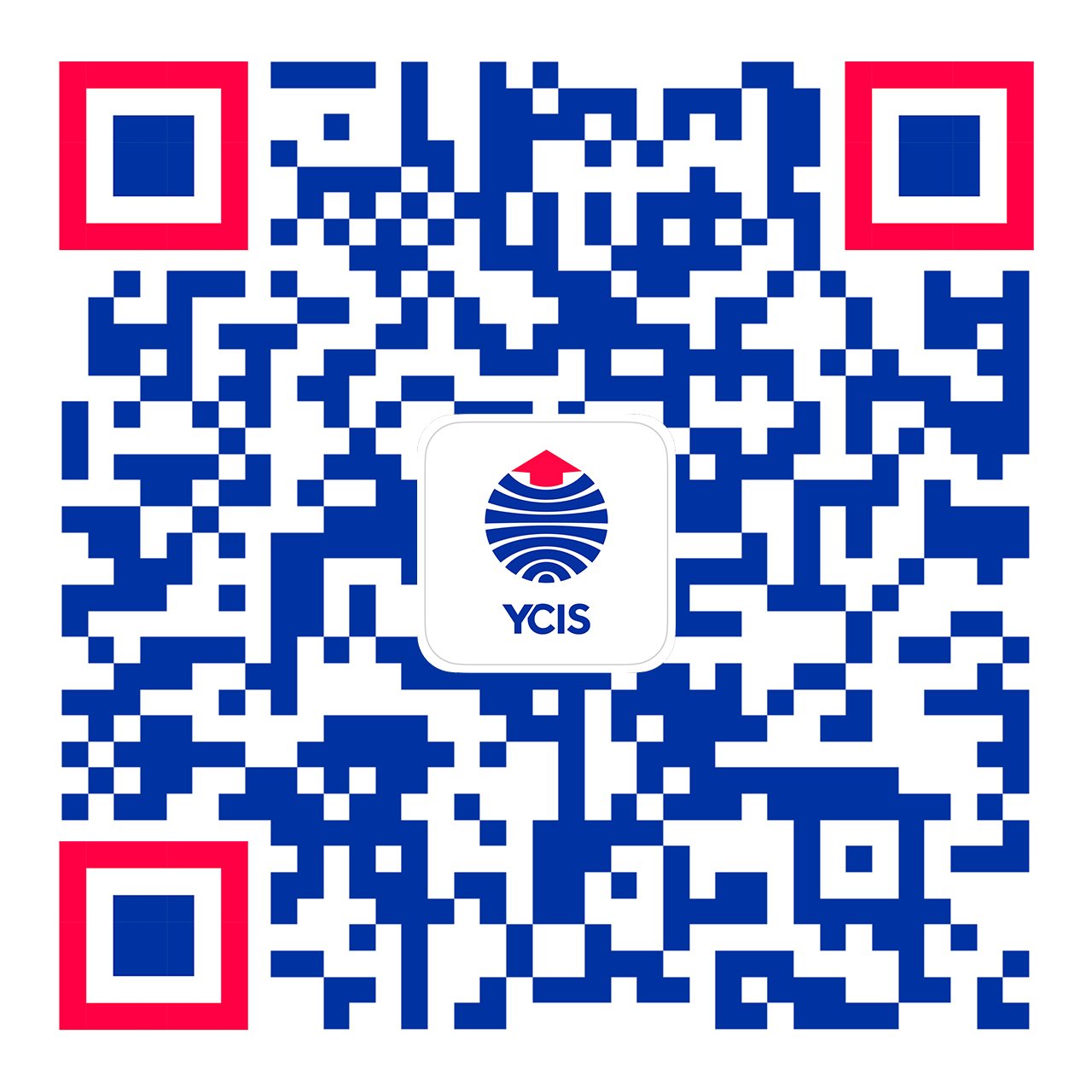By Angela Kotze, SEN Head Teacher (ECE)
As caregivers, we play a vital role in our child’s wellbeing during this time at home, and beyond. Before we can practically support our children, a fundamental foundation of positive attachment and relationships allows us to know our children in order to understand and support them. Between the ages of zero to six years old, children form and make sense of fundamental human attachments. When we take great care to form these attachments, a child’s confidence, independence, brain development and emotional stability are rooted and supported.

More importantly, an attachment figure acts as a secure and safe base in which children can then explore the world with greater confidence. John Bowlby, an attachment theorist, explains positive attachment as a 'lasting psychological connectedness between human beings.' (1969, p. 194). So, how can we use this extra time at home with our children to foster positive relationships and attachment?
- Looking beyond behaviours: Building relationships requires us as parents to understand our children deeply, which often means being a behaviour detective! We know that a child’s behaviour is how they communicate to us. If your child is displaying a repeated behaviour, observation of this behaviour and connection with your child will aid you as you try to understand underlying factors. For example, attempting to understand and support an underlying need for comfort or a certain physical, emotional or sensory need will not just begin to alleviate a challenging behaviour, but will also provide a deeper sense of security and connection.
“Beneath every behaviour there is a feeling. And beneath each feeling is a need. And when we meet that need rather than focus on the behaviour, we begin to deal with the cause, not the symptom” – Ashleigh Warner, Psychologist
- Respect and trust: Children trust us when we trust and respect who they are too. When we ask them before picking them up or joining their play, and listen to and respect their responses, we are building the idea that they matter, and their choices are important.
- Independence: When we are genuinely interested in who they are and show them this in the way we interact with them, they use this as a foundation to flourish from. A secure attachment allows for greater independence and child initiation, as they feel that they can brave this big world knowing that they have you to come back to.
Using the above ways to cultivate a positive and secure attachment with your child will lay a concrete foundation of trust and security. This foundation fosters responsiveness and connection when giving children further behavioural, emotional and parental support.
Want to learn more about Early Childhood Education at YCIS? Visit our website or join us at an upcoming information session!




